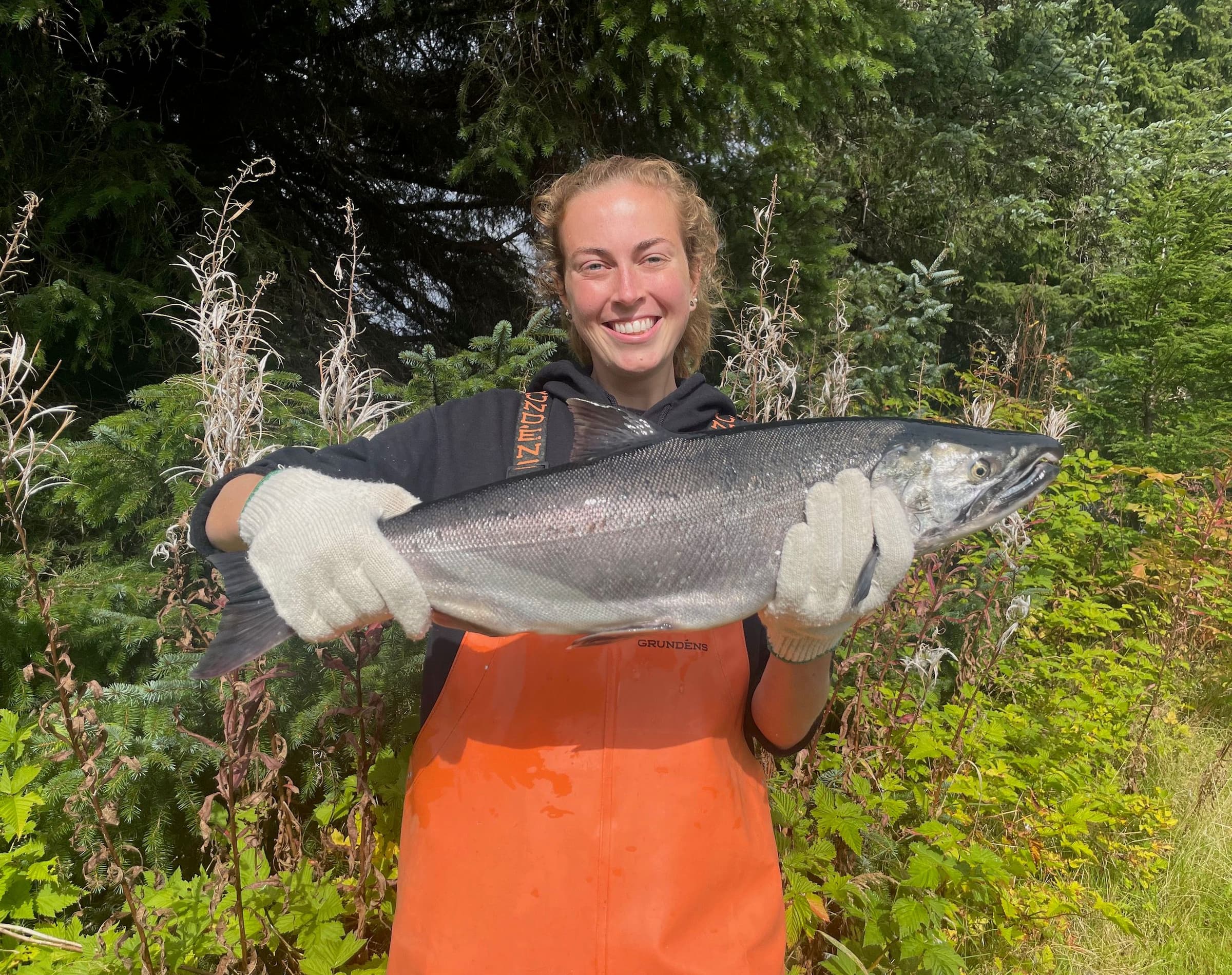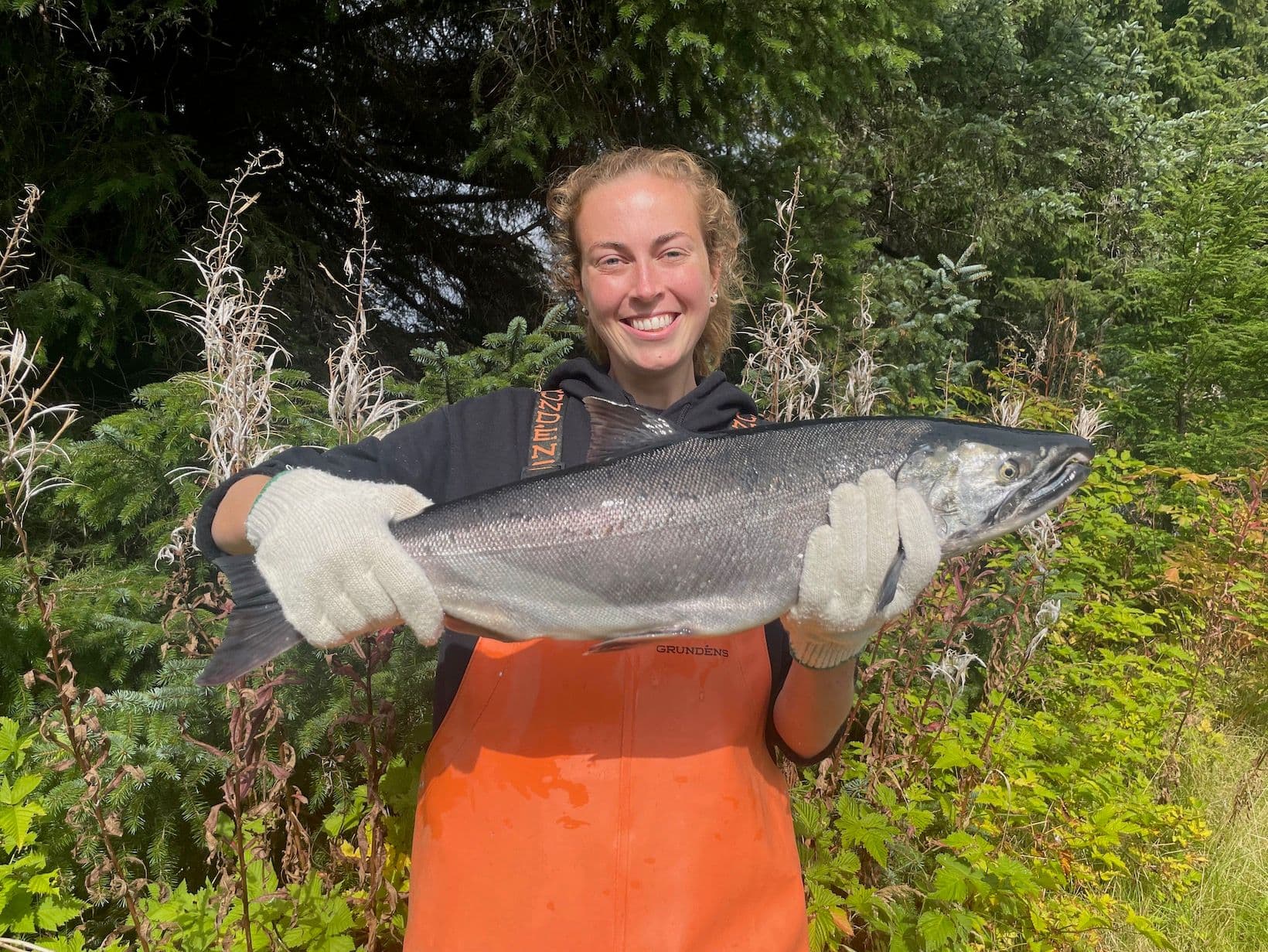Sitka’s Salmon Community
The importance of wild salmon to the culture and economy of Alaska is hard to overstate. It permeates our work, leisure, and for many of us, our dreams. You could say we eat and sleep salmon. Plus, once they’ve spawned (and the rivers are lined with decomposing fish) we do our best to avoid breathing it as well.
I find Alaskans’ particular relationship to salmon almost ineffable. Salmon are an ocean swell of contradiction: simultaneously inspiring reverence and pandemonium, robustly studied and still mysterious, equally evoking blood and guts and love poems, symbolizing both sacrificial decay and tenacious vivacity.
In hopes of offering you a glimmer of the emotions that salmon elicit, I interviewed three Sitkans to hear what wild salmon means to them: the impact it has had on their lives and how they see the future of salmon in the context of our changing climate.
Salmon Advocate
Heather Bauscher didn’t grow up eating salmon. “I didn’t eat fish at all actually. Definitely not from the streams and rivers around.” That’s because she spent the first twenty-three years of her life in central Pennsylvania where Atlantic salmon populations were severely impacted by overfishing, habitat destruction, and pollution. She recalls the first time she had to do a stream survey for an environmental class in college at the Conestoga River, located in the foothills of the Appalachian Mountains—coal country. “I realized how high the levels of mercury in the river were and I was shocked. I couldn’t believe it because we had gone swimming there.”
When Heather graduated college it was during the height of the economic recession and there weren't many jobs available in Pennsylvania. So when she was offered a job at the National Historical Park in Sitka, she moved across the country for the full-time position. While working in the park, she was quickly impressed by the health of the rivers in Sitka. “Just seeing so many fish in the rivers and being able to catch and eat so many was incredible.”
Moving up to Alaska had been expensive, though, so Heather quickly picked up a job as a bartender in the evenings. She started to meet local folks and eventually found her first fishing job up in Prince William Sound. This led to two months in Puget Sound where she hand-pitched salmon out of an icy fishhold in the middle of November. It wasn’t easy, but she was hooked.
Those first jobs gave Heather the financial means to make her life here in Sitka and set her on a path to eventually working in salmon conservation. “Salmon was that golden ticket for me. It was the vehicle for me to transition to this new life and opportunities I would have never even imagined growing up in Pennsylvania.” Heather tears up a little and says, “Coming to Alaska was the best decision I have ever made. Sitka’s a really special place.”
Today, Heather works to defend this place and the salmon that sustain it. Whether she’s working on outreach through citizen science, defending the Roadless Rule, organizing against Pebble Mine, or facilitating local engagement in state and federal resource management for Salmon State and the Sitka Conservation Society, she sees her work in conservation as a way of paying it forward. “I want to make sure that there continue to be opportunities like I had for other people.” For her, protecting salmon and their habitat means that some day in the future another young person will be able to pursue opportunities they had never imagined would be possible, just like salmon did for her.
Salmon Researcher
“It’s really this mindblowing experience.” That’s how Ashley Bolwerk, Sea Grant Fellow for NOAA, describes her first exposure to wild salmon research in the field—“the field” being extremely remote Alaskan river systems and forested watersheds.
Ashley has lived and worked in Alaska for over a decade, but she originally grew up in Wisconsin. When she arrived in Alaska, she was particularly drawn to Alaskans’ deep connection to the land and to the wild foods found here. She says, “For me, that spelled home.”
As a researcher with Sitka Sound Science Center’s CHUM Project, Ashley was tasked with walking wild salmon streams to collect data on spawning chum (keta) and pink salmon. She was awestruck by the sheer size of their returns. “It’s literally every gap between mountains, every watershed, is filled with salmon,” recalls Ashley. Walking these streams, she observed firsthand how salmon links together the ocean and forest ecosystems. “You just see all this vibrant ecology in real life.”
Ashley describes being immersed in the web of salmon ecology as a profound experience, one that left her feeling pulled to Sitka in her own quest to find her place in the web of life. Being able to go out and harvest her own food, to understand its life history, as well as its cultural importance, is what prompted her to decide to build her life in Sitka: “It was what resonated with me and was the reason I really wanted to stay in this magical place.”
Today, Ashley uses her expertise in marine ecosystems to research, understand, and work to sustain healthy wild food systems, especially the traditional foods of indigenous peoples in Southeast Alaska.
Salmon Fisherman
Cale LaDuke was born and raised in Sitka, Alaska. He started commercial fishing for salmon in high school to make some money while he was saving up for college. Along the way he found that he loved being out on the water and could make a life for himself doing something he enjoyed.
Cale crewed on a variety of fishing vessels before deciding to captain his own boat. Salmon trolling offered him the opening he needed to get his start. “Some fisheries can be pretty hard to get into, so it’s one way I can afford to go out and fish on my own boat.”
When asked what is special to him about salmon, he found it difficult to know where to begin since it’s such a big part of his life—both in his work and recreation. “Salmon is so engrained where we live here.” Although Cale has caught and eaten salmon for decades, he still finds that there’s always more to see and observe. “I learn more and more about salmon all the time.”
When he’s not commercial fishing, Cale enjoys spending time in the outdoors around Sitka. “I really like hiking and being in the woods.” Walking in forests that are fertilized by salmon prompts him to reflect on how these fish support terrestrial as well as marine ecosystems: “It’s pretty interesting to me how the salmon go up the rivers and the biggest trees are usually near the rivers.” The salmon are the common thread that weave together two of the places he enjoys most: the ocean and the forest. Cale smiles, “That connection is pretty special for me.”
This story was originally produced for Salmon Nation as part of their Salmon Stories project. Emma Bruhl is a 2021–2022 Salmon Nation Fellow.



